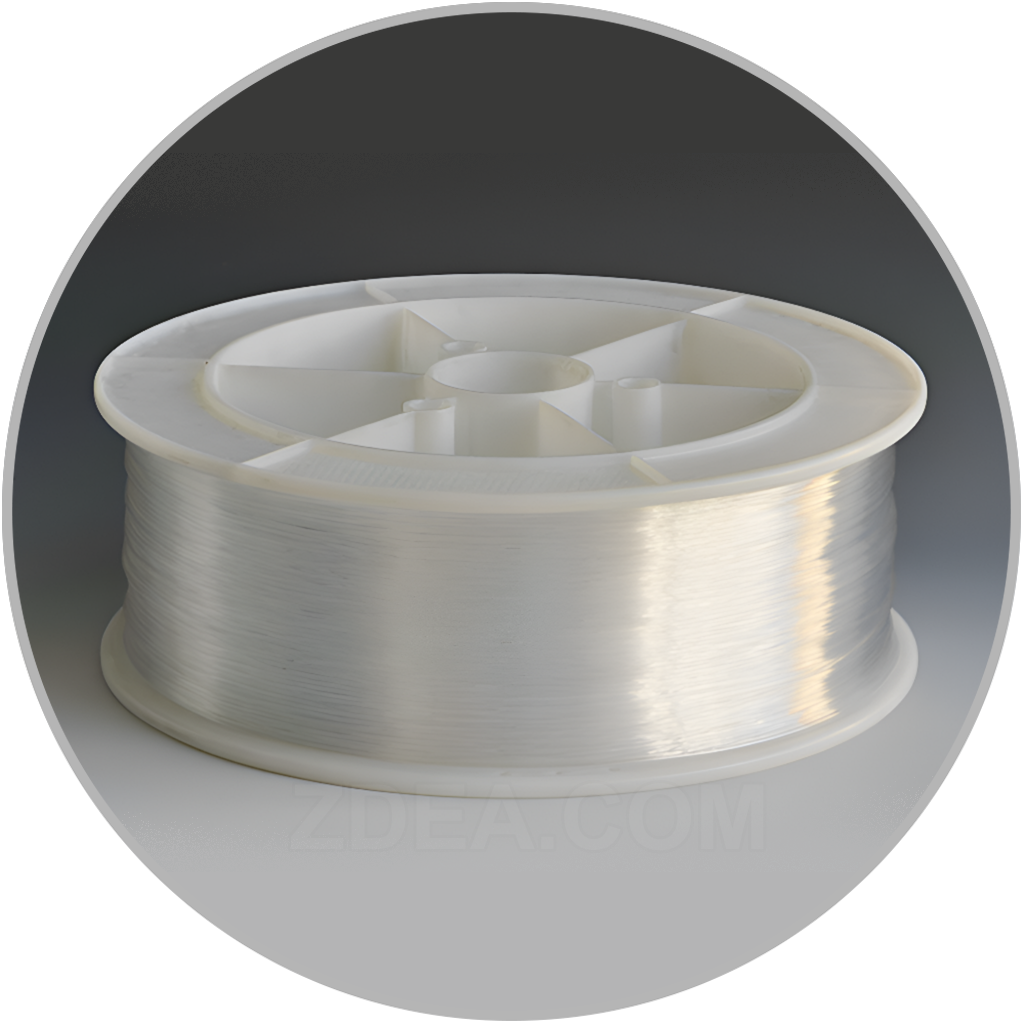The Importance of PMMA Fiber Optic in Urban Lighting
The Importance of PMMA Fiber Optic in Urban Lighting
Urban environments are dynamic hubs of activity where effective lighting plays a crucial role in enhancing safety, aesthetics, and sustainability. PMMA (Polymethyl methacrylate) fiber optic technology has emerged as a key player in urban lighting solutions, offering unique advantages that address the diverse needs of modern cities.

Enhancing Urban Aesthetics and Safety
1. Versatile Design
Options: PMMA fiber optic lighting allows for
versatile design possibilities that can transform urban landscapes. From
accentuating architectural features to creating captivating light displays in
public spaces, PMMA fibers offer flexibility that traditional lighting methods
often cannot match.
2. Uniform Light
Distribution: Unlike conventional lighting
sources that may cause glare or uneven illumination, PMMA fiber optics
distribute light evenly over large areas. This uniformity enhances visibility
and safety for pedestrians and motorists alike, reducing accidents and improving
overall urban navigation.
Sustainability and Energy Efficiency
1. Reduced Energy
Consumption: PMMA fiber optic lighting systems
are highly energy-efficient, consuming less electricity compared to traditional
lighting technologies. This efficiency contributes to lower carbon footprints
and operational costs for cities aiming to achieve sustainability goals.
2. Longevity and
Durability: PMMA fibers are durable and
resistant to environmental factors such as moisture and corrosion, making them
suitable for long-term use in outdoor urban settings. Their robustness ensures
minimal maintenance requirements, reducing downtime and associated costs.
Applications in Urban Environments
1. Street Lighting: Illuminate city streets with PMMA fiber optic lighting to enhance
visibility and promote safety during nighttime hours. These systems can be
integrated with smart lighting controls for adaptive lighting scenarios based
on traffic patterns and environmental conditions.
2. Public Spaces and
Landmarks: Use PMMA fiber optics to highlight
parks, monuments, and cultural landmarks, creating inviting and memorable urban
experiences for residents and visitors alike. The versatility of PMMA fibers
allows for customized lighting designs that enhance the aesthetic appeal of
public spaces.
Future Trends and Innovations
1. Integration with
Smart City Initiatives: As cities embrace
smart technologies, PMMA fiber optic lighting is poised to play a pivotal role
in interconnected urban infrastructures. These systems can be integrated with
sensors and data analytics to optimize energy usage and enhance urban livability.
2. Artistic and
Functional Integration: Explore the
intersection of art and functionality with PMMA fiber optic lighting
installations that not only illuminate but also inspire and engage urban
communities. These installations can foster a sense of identity and pride among
city residents while attracting tourism and economic opportunities.
PMMA fiber optic technology represents a significant
advancement in urban lighting, offering municipalities versatile solutions that
enhance aesthetics, improve safety, and promote sustainability. By leveraging
the unique benefits of PMMA fibers, cities can create vibrant and resilient
urban environments that meet the evolving needs of residents and visitors
alike.
Post Your Ad Here